Culture & Travel
21 October 2024UNESCO’s World Heritage List protects some of the most valuable cultural and natural treasures in human history. However, these places not only stand out for their historical significance but also for their unsolved mysteries and enigmatic structures.
In this article, we will take a closer look at ancient structures that, considering the technological and scientific capabilities of their time, still raise questions about how they were built, what they were used for, or why they were abandoned. Shall we explore these 9 mysterious sites, each holding secrets yet to be uncovered in human history?
1. Machu Picchu (Peru)
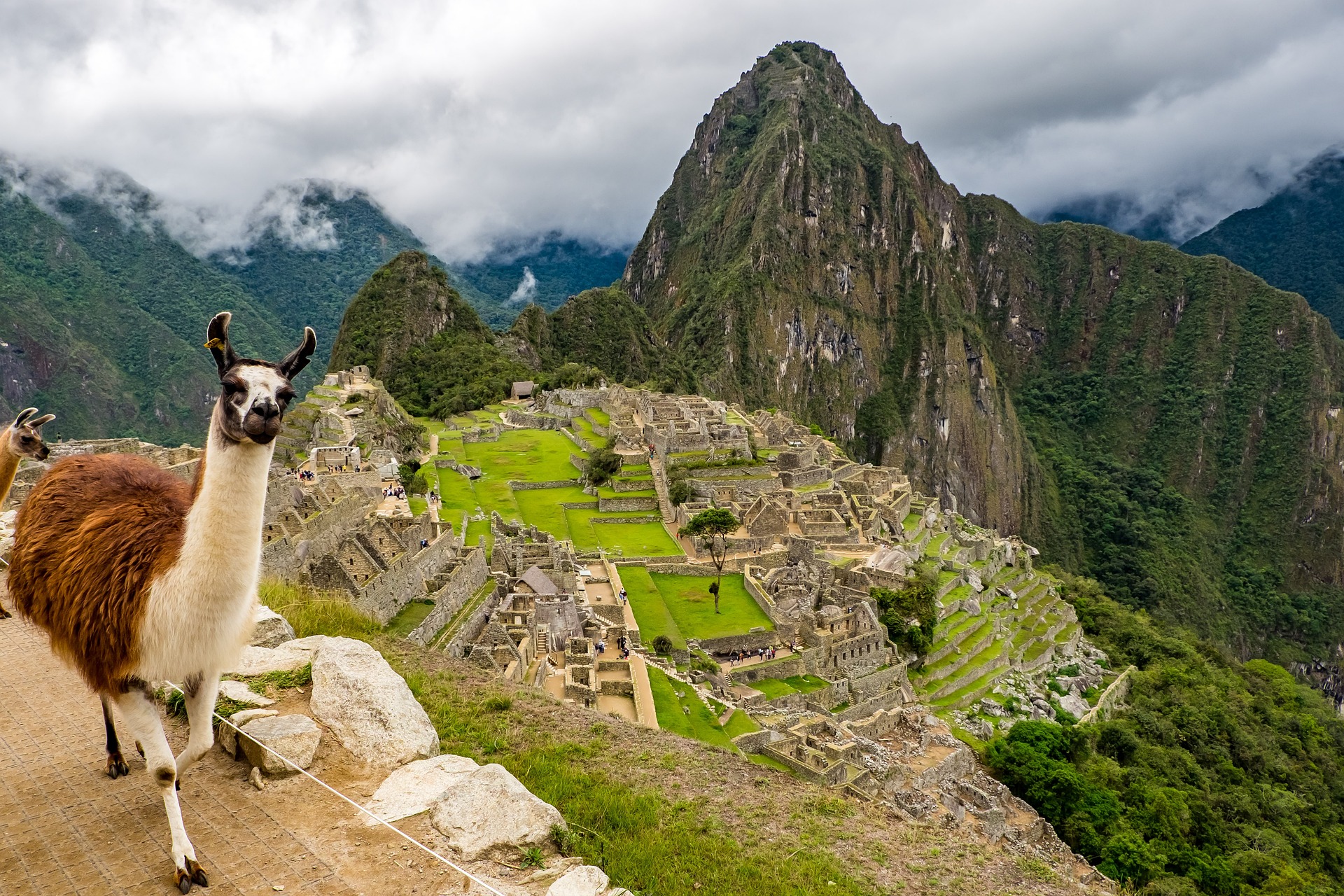
Lost among the clouds of Peru’s Andes Mountains, Machu Picchu is one of the most significant remnants of the Inca Empire. Built in the 15th century, this ancient city was never conquered during the Spanish invasion, which has preserved it remarkably well, turning it into one of history’s greatest mysteries. The complex agricultural terraces and astronomical observation points demonstrate how advanced the Inca civilization was in engineering and agriculture. However, questions like why Machu Picchu was abandoned and how the Inca lived in such high mountains remain unanswered.
2. Stonehenge (England)
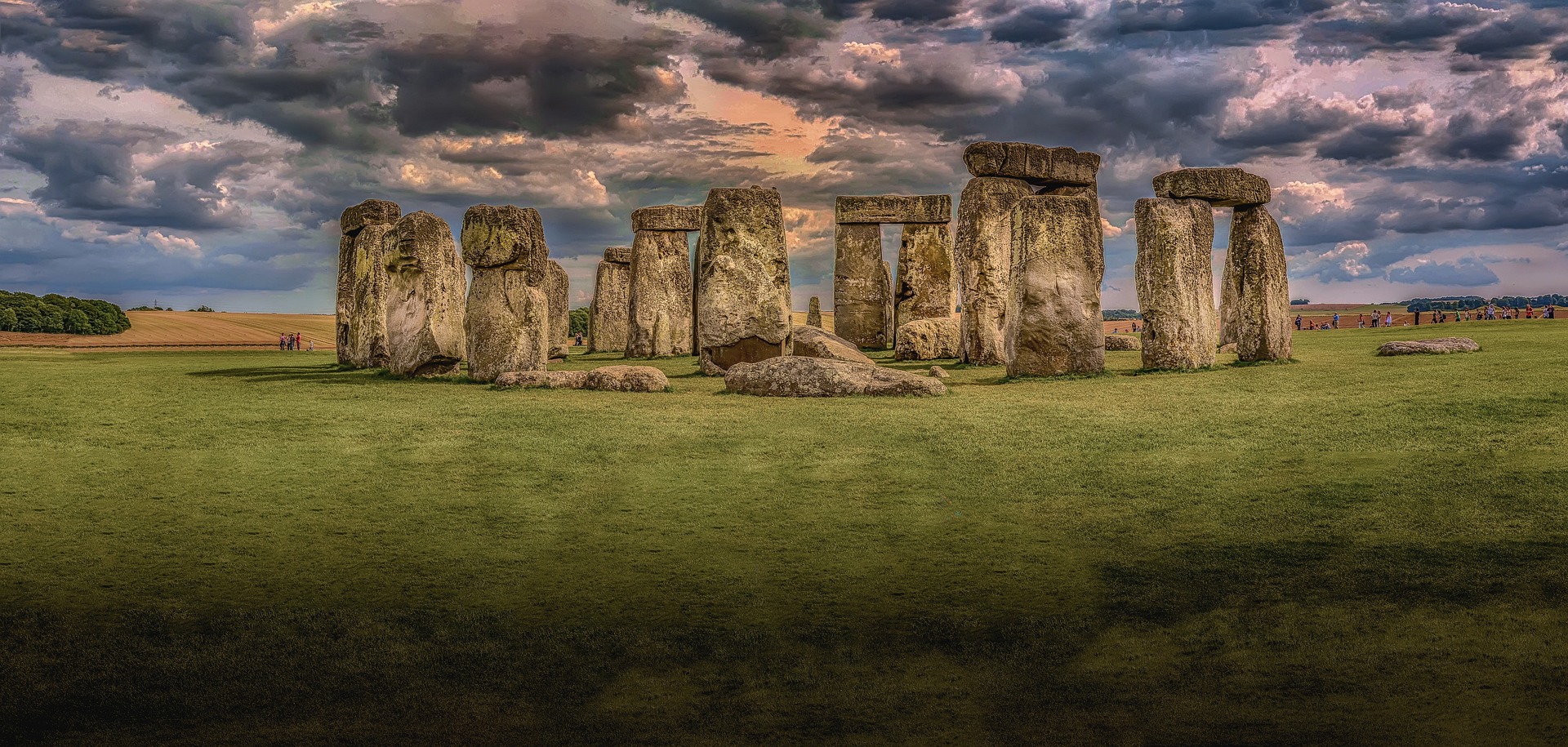
Located on Salisbury Plain in England, Stonehenge has fascinated people throughout history. Built between 3000 and 2000 BC, this site consists of massive stone blocks, yet how these stones were transported and why they were arranged in such a way is still not fully understood.
While some researchers suggest that Stonehenge was an astronomical observatory, others argue it was a burial ground or a site for religious ceremonies. The lack of conclusive information on its purpose makes Stonehenge one of the most mysterious monuments in world history.
3. The Great Pyramid of Giza (Egypt)
As one of the Seven Wonders of the Ancient World, the Great Pyramid of Giza holds one of the greatest architectural mysteries in human history. Built around 2560 BC, this pyramid consists of approximately 2.3 million stone blocks, each weighing several tons. Considering the technology of the time, how these massive stones were placed with such precision remains unknown. Even more intriguing is the theory that the pyramid was not just a tomb but also served as an energy center.
4. Nazca Lines (Peru)
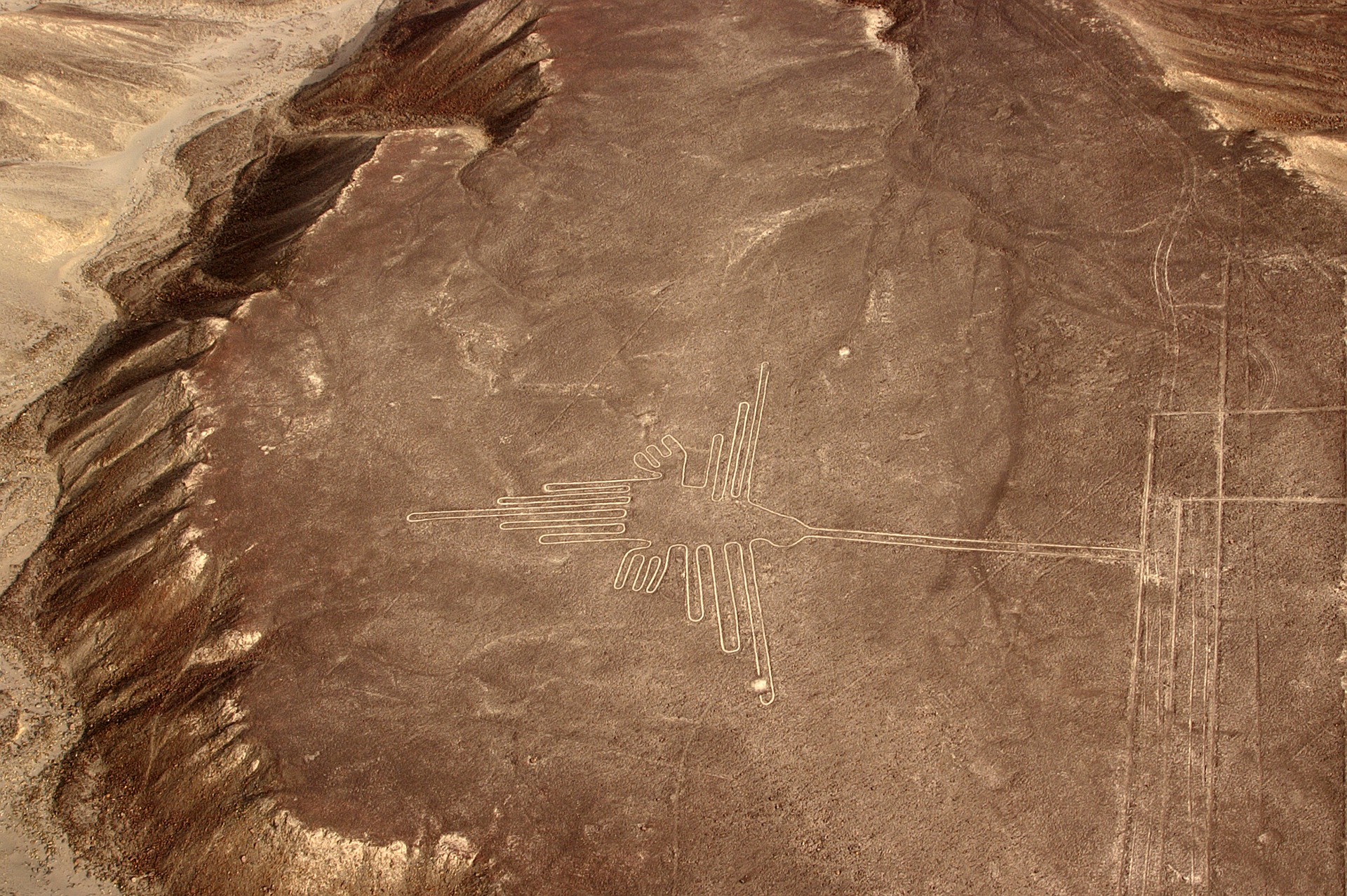
In Peru’s desert region, massive geometric shapes and animal figures made by the ancient Nazca civilization are known as the Nazca Lines. Because these lines are so large they can only be seen from the air, the level of engineering knowledge required to create them remains a mystery. The purpose of these lines is also unclear. While there are theories that they were used in religious rituals or served as an astronomical calendar, none of these claims have been proven. These giant figures, preserved for centuries, continue to be a major puzzle for the archaeological world.
5. Göbeklitepe (Türkiye)
One of the most intriguing and mysterious structures on the list comes from Türkiye. Located in Şanlıurfa, Göbekli Tepe is known as the oldest temple in the world. Built by hunter-gatherer communities around 9600 BC, this ancient structure has left the scientific community astounded. How such a complex structure was built in an era when agriculture had not yet been discovered is still a matter of wonder. Göbekli Tepe challenges the known timeline of human evolution and is a site that continues to provoke discussion and generate theories worldwide.
6. Pompeii (Italy)
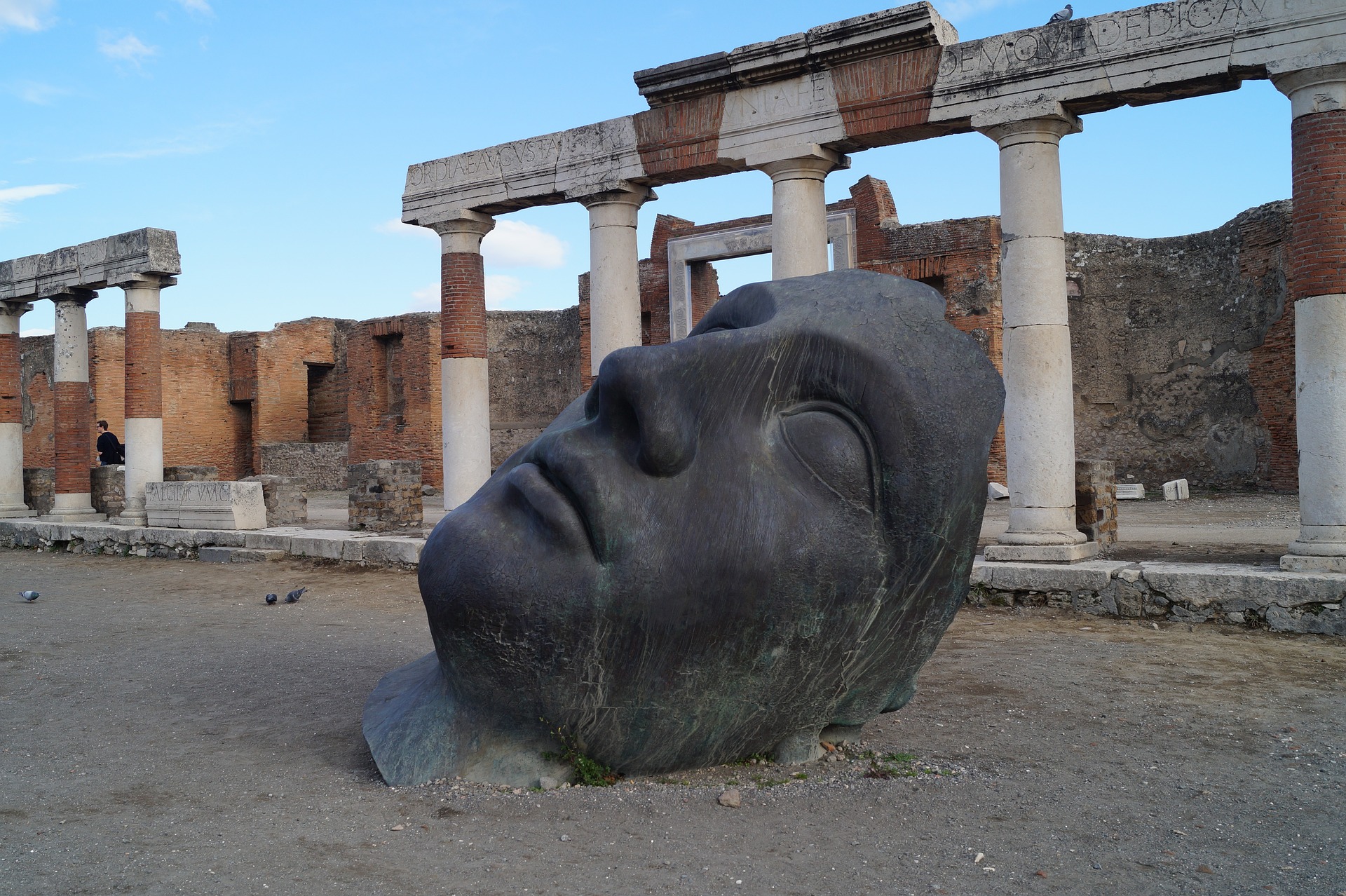
One of the wealthiest cities in the Roman Empire, Pompeii was completely buried under volcanic ash when Mount Vesuvius erupted in AD 79. The sudden destruction of the city preserved everyday life in incredible detail. Houses, mosaics, and even the petrified bodies of people attempting to flee the volcano have all been preserved. Pompeii’s sudden demise and its transformation into a time capsule make it one of history’s most tragic and mysterious locations.
7. Moai Statues (Easter Island, Chile)
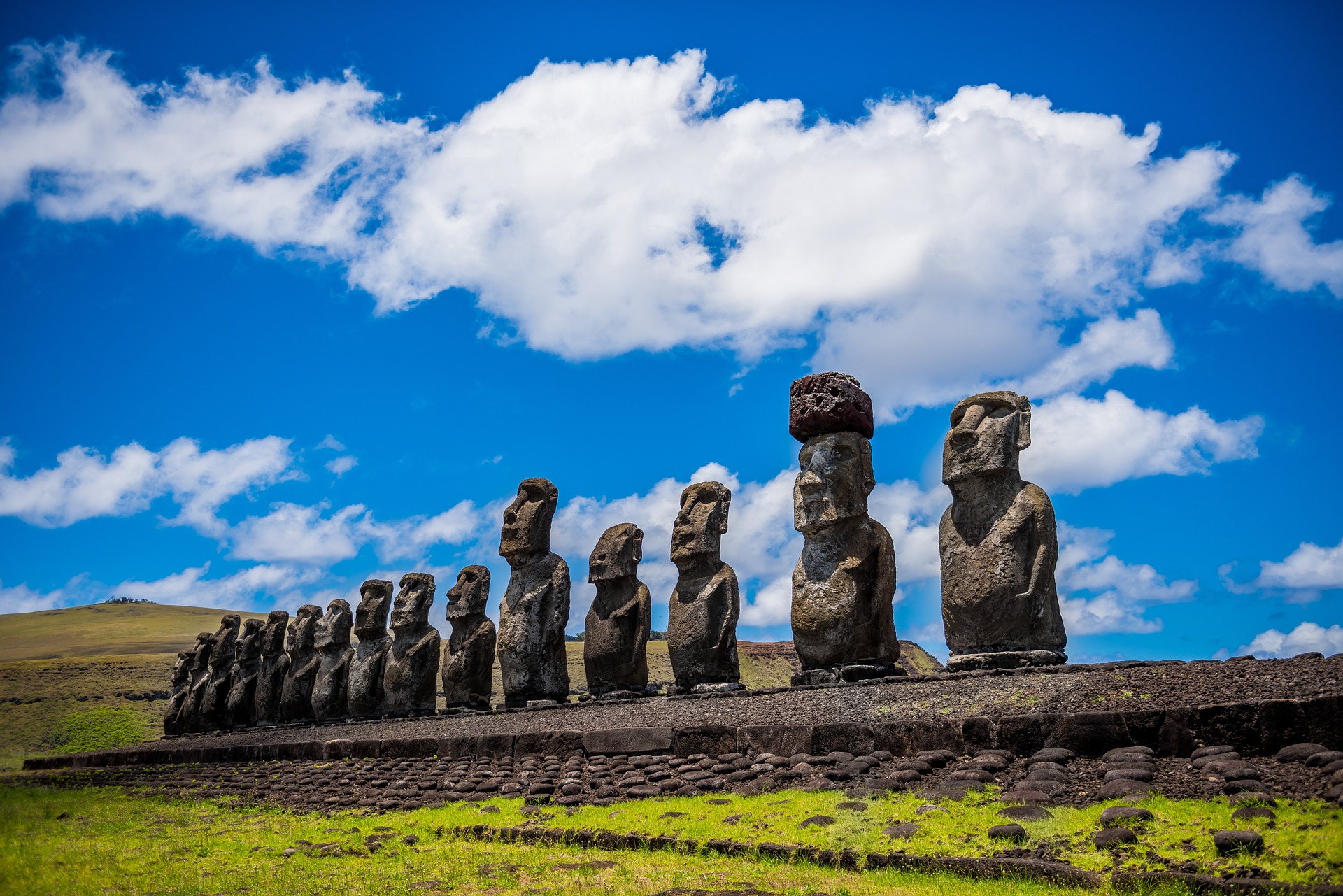
On Easter Island, the native people built enormous stone figures to honor their ancestors, known as the Moai statues. However, questions about where these giant statues were quarried, how they were transported, and their exact purpose remain largely unanswered. Despite their massive size, how these statues were moved to various locations on the island continues to be a topic of fascination.
8. Petra (Jordan)
Petra, located in Jordan, is an ancient city carved into the rocks by the Nabataeans. Founded around 400 BC as a trading center, Petra captivates visitors with its breathtaking rock-cut structures and sophisticated water management systems. The reasons for the Nabataeans’ abandonment of the city and how Petra has remained so well-preserved are still major questions.
9. Chichen Itza (Mexico)
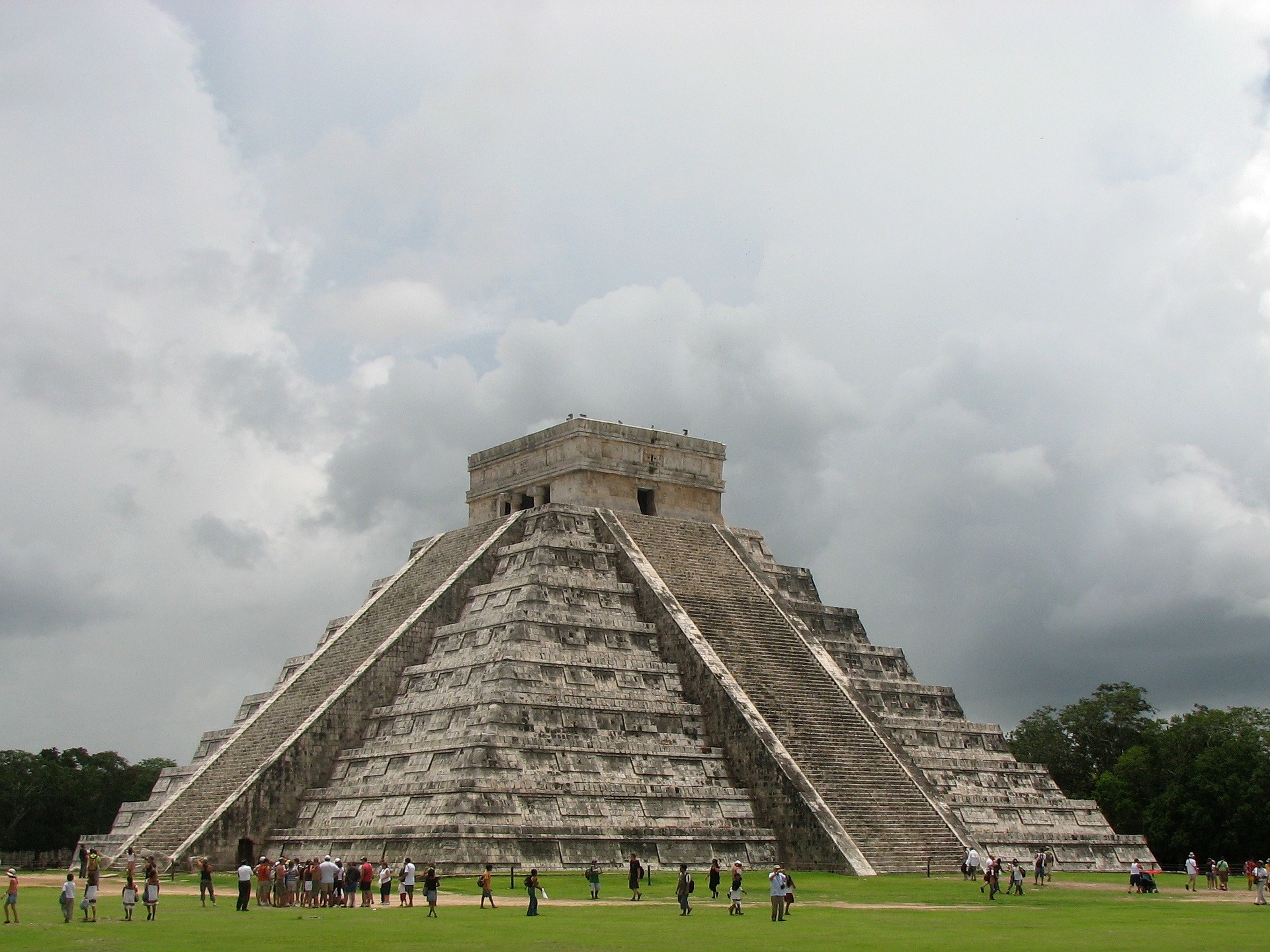
Chichen Itza in Mexico is an ancient city that showcases how advanced the Maya civilization was in both astronomy and architecture. Its most famous structure, the Kukulkan Pyramid, is especially well-known for the shadow that forms a snake-like image during the equinoxes. However, how such precise structures were built, and the sudden collapse of the Maya civilization, remain shrouded in mystery. Chichen Itza continues to be one of the most fascinating sites of the ancient world.



